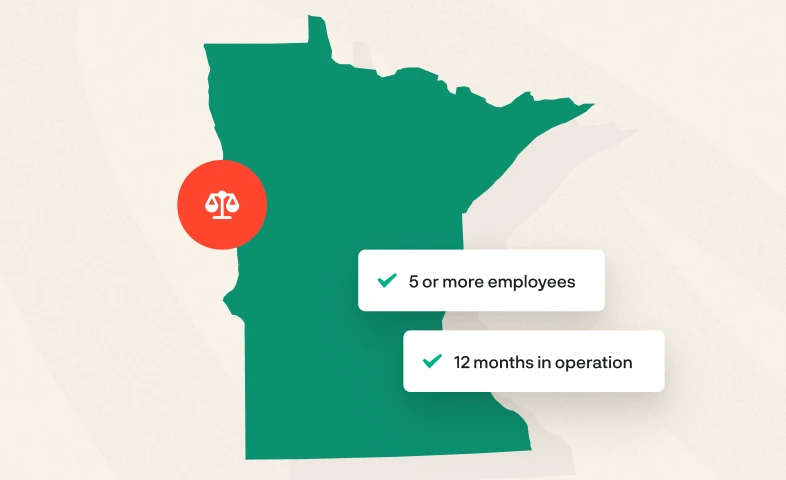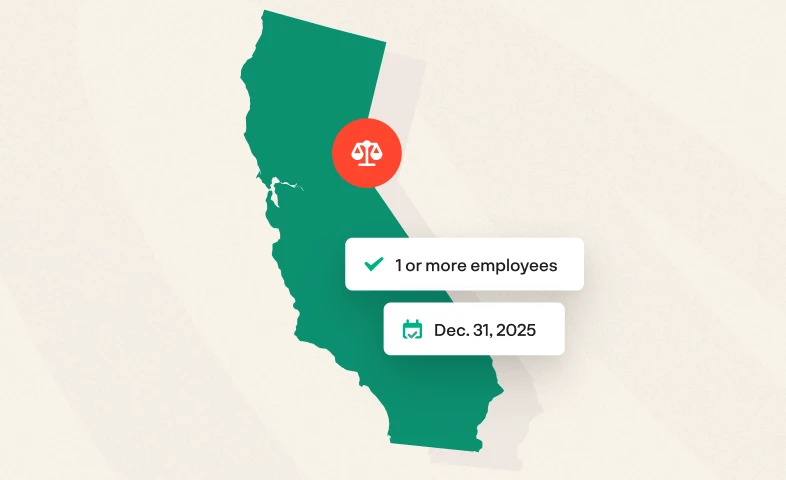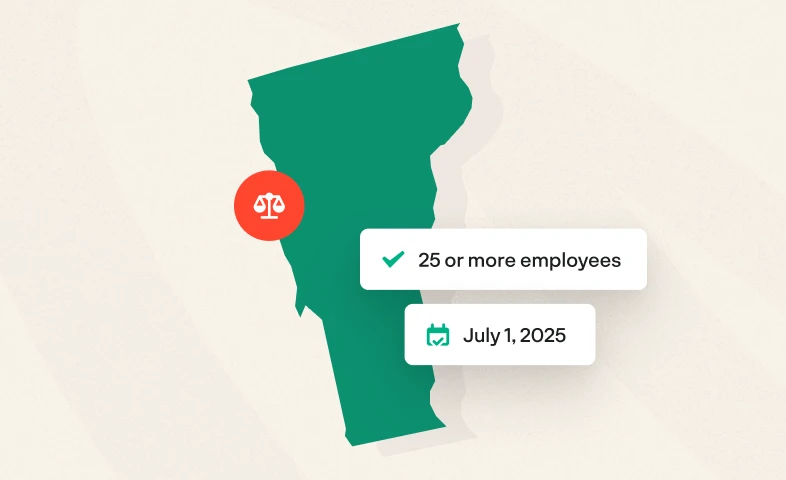Legislation
Thank you! Your submission has been received!
Oops! Something went wrong while submitting the form.
Meet your go-to resource for regulation updates, tips, and best practice that will keep you ahead.

Small Business Retirement Plan Tax Credits and Savings: The Complete SECURE 2.0 Guide
Everyone
Employers & Business Owners
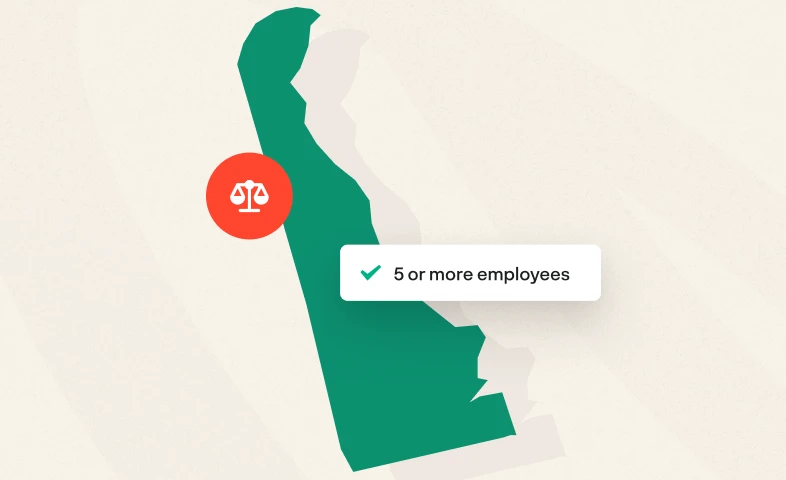
Delaware EARNS Explained: Timeline, Requirements, & Specifications
Everyone
Employers & Business Owners
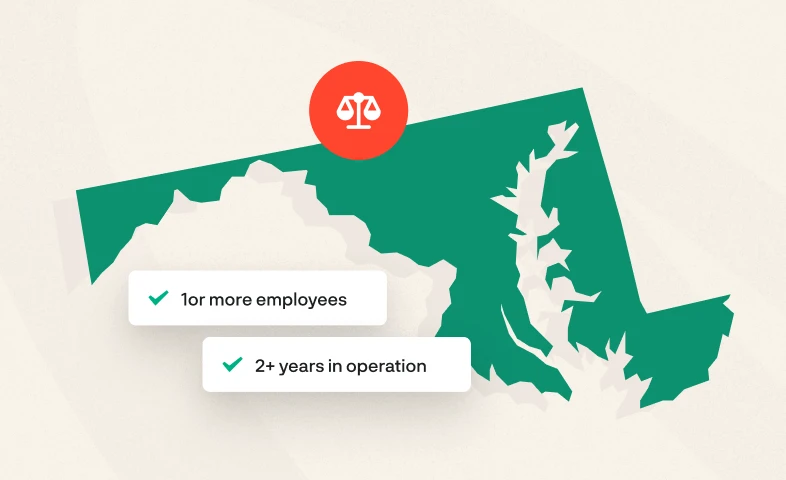
MarylandSaves Explained: Timeline, Requirements, & Specifications
Everyone
Employers & Business Owners
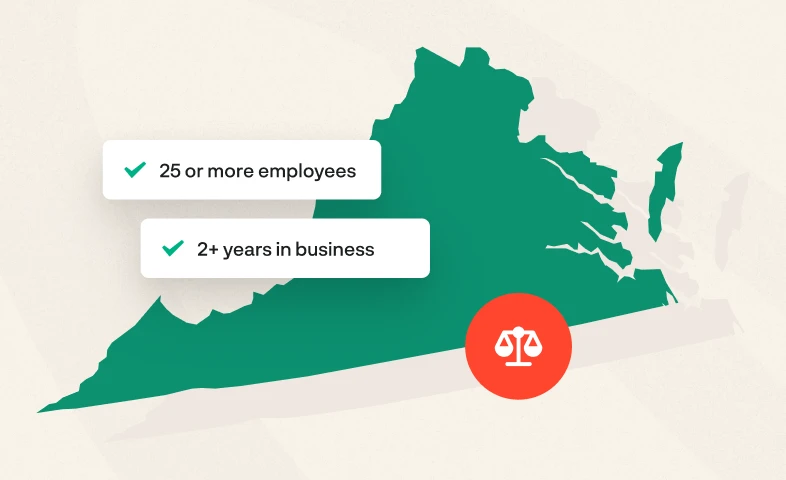
RetirePath VA Explained: Timeline, Requirements, & Specifications
Everyone
Employers & Business Owners
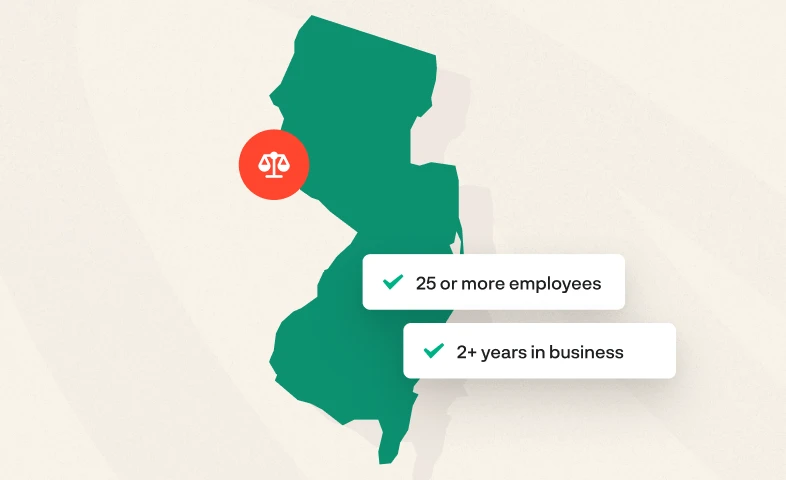
RetireReady NJ Explained: Timeline, Requirements, & Specifications
Everyone
Employers & Business Owners

401(k) vs. State-Mandated Plans: Understanding What's Right for Your Business
Everyone
Employers & Business Owners




